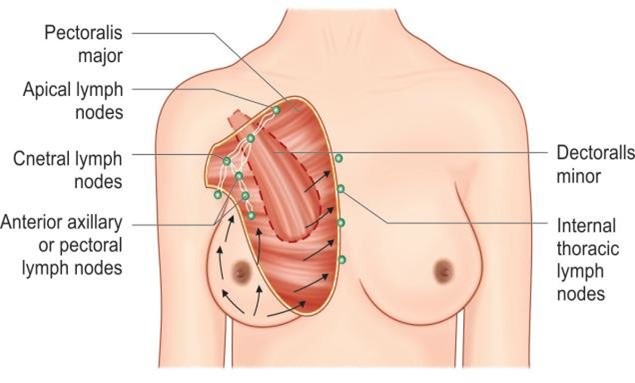A nurse is caring for a client who has a nasogastric tube and is receiving a continuous tube feeding with a high-protein formula. Which of the following actions should the nurse take to prevent the tubing from clogging?
Flush the tubing with 10 mL water every 4 hours.
Replace the bag and tubing every 24 hours.
Administer the feeding by gravity drip.
Heat the formula prior to infusion.
The Correct Answer is A
Choice A reason: Flushing the tubing with water every 4 hours can prevent the tubing from clogging by clearing any residual formula or medication from the lumen.
Choice B reason: Replacing the bag and tubing every 24 hours can prevent bacterial contamination, but it does not prevent the tubing from clogging.
Choice C reason: Administering the feeding by gravity drip can cause overfeeding, aspiration, or diarrhea, but it does not prevent the tubing from clogging.
Choice D reason: Heating the formula prior to infusion can cause bacterial growth, nutrient loss, or burns, but it does not prevent the tubing from clogging.
Nursing Test Bank
Naxlex Comprehensive Predictor Exams
Related Questions
Correct Answer is D
Explanation
Choice A reason: Using a washcloth to clean the denture surfaces is not a good practice for denture care because it can damage or scratch the dentures. A washcloth is too rough and abrasive for denture cleaning. A soft-bristled toothbrush or a special denture brush should be used to clean the denture surfaces gently.
Choice B reason: Wiping dentures before storing them in a dry container at night is not a good practice for denture care because it can cause warping or cracking of the dentures. Dentures should be rinsed thoroughly and soaked in water or a denture cleanser solution at night to keep them moist and prevent deformation.
Choice C reason: Flossing dentures as part of daily cleaning is not a necessary practice for denture care because it does not remove plaque or food particles effectively from the dentures. Flossing dentures can also damage or dislodge the artificial teeth or gums. Brushing and rinsing dentures are sufficient for daily cleaning.
Choice D reason: Wrapping gloved fingers with gauze to remove dentures is a good practice for denture care because it can prevent slipping or dropping of the dentures. Gauze provides friction and grip for removing dentures safely and gently. Gloves protect from contamination and infection.
Correct Answer is A
Explanation
Choice A reason: Alternating the first breast that is offered to the baby with each feeding is a good practice for breastfeeding because it can ensure equal stimulation and drainage of both breasts, which can prevent engorgement, mastitis, or low milk supply. Alternating breasts can also provide the baby with both foremilk and hindmilk, which have different compositions and benefits.
Choice B reason: Storing breast milk in the refrigerator up to 48 hours is not a good practice for breastfeeding because it can reduce the quality and safety of the milk. Breast milk should be stored in the refrigerator for no longer than 24 hours or in the freezer for no longer than 6 months. Breast milk should also be stored in clean, sterile containers and labeled with the date and time of expression.
Choice C reason: Nursing the baby once every 4 hours is not a good practice for breastfeeding because it can decrease the milk production and supply, which can affect the growth and development of the baby. Breastfeeding should be done on demand or at least every 2 to 3 hours during the day and every 3 to 4 hours at night. Breastfeeding should also last for at least 10 to 15 minutes per breast or until the baby is satisfied.
Choice D reason: Offering the baby water between feedings is not a good practice for breastfeeding because it can interfere with the baby's appetite and intake of breast milk, which can cause dehydration, malnutrition, or failure to thrive. Breast milk contains enough water and nutrients to meet the baby's needs for the first six months of life. Water should be avoided or limited until the baby starts solid foods.

Whether you are a student looking to ace your exams or a practicing nurse seeking to enhance your expertise , our nursing education contents will empower you with the confidence and competence to make a difference in the lives of patients and become a respected leader in the healthcare field.
Visit Naxlex, invest in your future and unlock endless possibilities with our unparalleled nursing education contents today
Report Wrong Answer on the Current Question
Do you disagree with the answer? If yes, what is your expected answer? Explain.
Kindly be descriptive with the issue you are facing.
